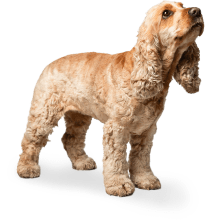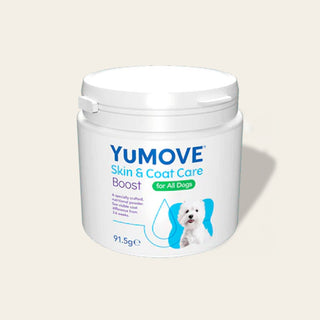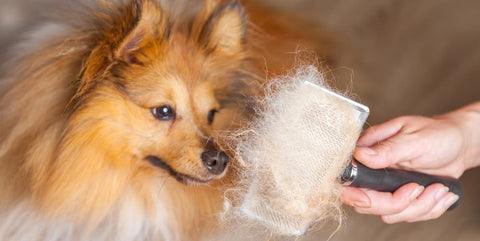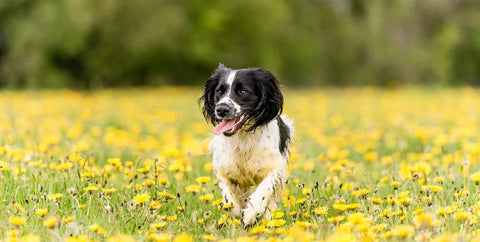

Understanding the dangers of grass seeds to dogs
Although they may look innocent enough, grass seeds can present a real danger to your dog. If not found and left untreated, they can latch onto your canine’s coat and cause serious infections and worse!
Grass seeds can settle into your dog’s skin and stay there unnoticed for a long time, causing problems such as ulcers and ear infections. Here’s how to spot them and how to help your dog…
What are grass seeds?
These barbed seeds – also known as grass awns – can be found in many wild grasses, as well as on barley and rye. They tend to get stuck in your dog’s fluffiest areas, such as their paws, ears, tail or armpits. They can also be inhaled or swallowed and cause infections. In the worst cases, they can get forced under your dog’s skin and may move around to different parts of their body.
If grass seeds are not removed quickly, abscesses and ulcers can form, along with many other health issues. If your vet suspects your dog has one buried somewhere, he or she’s likely to do some thorough investigation work – even if they can’t see or feel them!

How to spot the effects of grass seeds on your dog
Your dog’s reaction to a grass seed really depends on what part of the body it’s latched onto. Here’s a rundown of where your dog is most likely to get a grass seed stuck, and what symptoms you’ll see in each area:
- Fur – you’ll see no visible infection initially, but the fur around it may become matted.
- Ears – your dog is likely to shake its head, scratch or rub the ears and tilt its head more often
- Feet – grass seeds often find their way under the skin around the paws. This will cause redness and swelling between the toes and sometimes cause dog paw infection.
- Eyes – your pup’s likely to have inflamed eyes, discharge and excessive tears
- Nose – sneezing, pawing at the nose and nasal discharge could indicate a grass seed is stuck around the snout. Did you know that dogs can get hayfever?
- Mouth (including gums and tongue) – you’ll notice swelling and inflammation of the tongue, gums or tonsils
- Lungs – this is quite an extreme situation, but it is occasionally seen. If this happens, your dog will have shortness of breath and abnormal breathing patterns and may start coughing.

How to prevent grass seeds from getting attached to your dog
You’ll never be able to fully protect your dog from grass seeds. Especially if you live in or go for walks in areas with lots of long grass. Having said that, we’ve rounded up our best precautionary tips to try and prevent them:
- Groom your dog as soon as you get in from a walk. It’s good practice to remove any grass or leaves from their coat. It's also a good idea to boost your dogs skin & coat health with supplements.
- Double check the toes, ears and eyes when inspecting your dog. These areas are more susceptible to grass seeds.
- Trim the fur around your dog’s paws. This way, you’ll find it easier to see anything that’s latched onto them.
- Inspect your own back garden. Check for any long grass and grass seeds in the warmer months. Prevention starts at home.
- Avoid areas with long grass in the summer. Better to be safe than sorry!

How to remove grass seeds
You should remove grass seeds as soon as you spot them – a pair of tweezers or your finger will do the trick. If they are in your dog's fur, you should be able to gently comb them out. If ignored, they’re likely to be extremely irritating and can be forced into the skin.
When to contact a vet
If you can’t see any grass seeds, but your furry friend is showing any of the above signs, or is simply distressed, you need to talk to your vet as soon as you can. If you’re unable to remove a grass seed – if, for example, it’s in the ear canal, or too deep in your dog’s skin – then your vet will help.
If you’re a YuMOVE subscriber, you’ll have free access to PawSquad – an app where you can make unlimited live chat or video calls with a UK-registered vet 24/7, 365 days a year!




